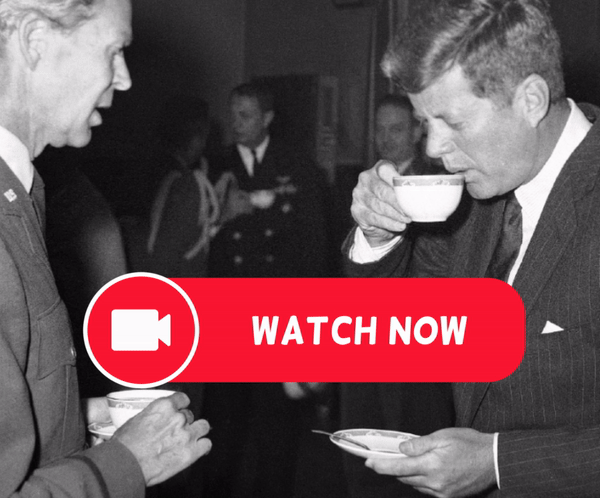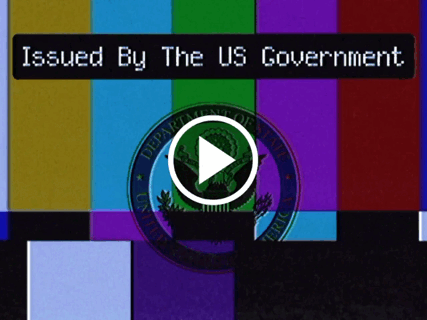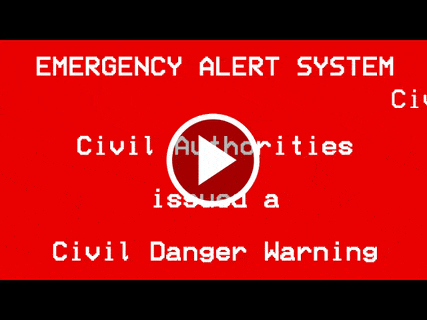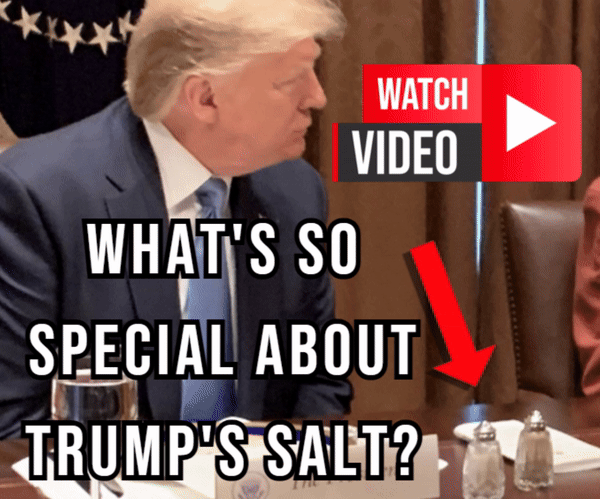In a chilling turn of events that has sent shockwaves throughout the nation, Fernando Villavicencio, the beacon of hope for many in Ecuador, met a tragic end. This Wednesday, as the sun set over the picturesque city of Quito, the presidential hopeful was brutally gunned down in broad daylight. The audacious attack, which took place during a campaign rally at the esteemed Anderson School, has left the nation grappling with a myriad of questions. Who could be behind such a heinous act? And more importantly, why?
Juan Zapata, the Minister of Interior, with a heavy heart, confirmed the demise of Villavicencio. The politician was mercilessly shot multiple times, marking the end of a promising journey. The aftermath was nothing short of chaotic. The General Prosecutor’s Office, in their preliminary report, stated that nine individuals, including a prospective assembly member and two brave police officers, were injured in this blatant act of violence.
Alain Luna, the Director of the National Police of Ecuador, didn’t mince words when he labeled the attack as “terrorist.” The discovery of an explosive device near the crime scene only added fuel to the fire. The device was safely neutralized, but the questions remain. What was the motive behind this audacious act? Was it a mere political rivalry, or is there a more sinister plot at play?
Carlos Figueroa, a close confidant of Villavicencio and a key figure in his campaign, was visibly shaken. He recounted the harrowing moments, revealing that while around 30 gunshots echoed through the air, three fatal shots targeted Villavicencio’s head. The grim reality hit hard when Villavicencio showed no signs of life and was later declared dead at La Mujer Clinic.
Verónica Sarauz, the grieving widow of Villavicencio, raised serious concerns about the glaring lapses in security. “The security team failed,” she lamented, questioning why her husband wasn’t escorted out safely like other dignitaries.

As videos of the attack flooded social media, news broke out about the detention of a potential suspect. However, in a twist of fate, the suspect, critically injured during a gunfight with the security forces, succumbed to his injuries.
President Guillermo Lasso, taking to his X account, expressed his outrage and vowed that justice would be served. “The organized crime has gone too far,” he declared, signaling a tough stance against the perpetrators.
Ecuador’s political landscape is now rife with tension. Former President Rafael Correa, in a somber tone, remarked on the deteriorating state of the nation. Pabel Muñoz, the Mayor of Quito, echoed the sentiments of many, demanding swift action.
The political arena is in mourning. Several presidential candidates, including Luisa González and Yaku Sacha Pérez Guartambel, have suspended their campaigns, uniting in their grief and condemnation of this vile act.
Villavicencio, a journalist by profession and a co-founder of the indigenous organization Pachakutik, had a vision for a safer Ecuador. His proposals, which included the construction of a high-security prison, were aimed at restoring peace and order. But now, with his untimely demise, the future seems uncertain.
As the nation prepares for the upcoming presidential elections, the shadow of Villavicencio’s assassination looms large. The security of candidates is paramount, and the events of this fateful day serve as a grim reminder.
The quest for truth has begun.
The nation demands answers.
The world watches closely.
Will justice prevail, or will the dark forces continue to cast their shadow over Ecuador?
Only time will tell.





